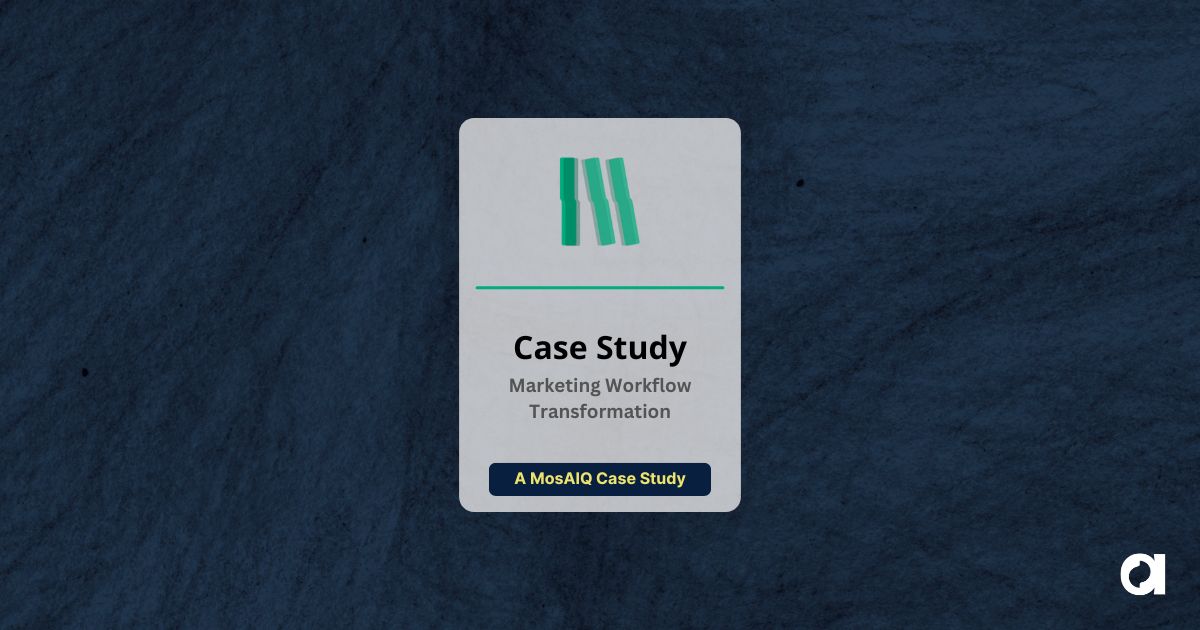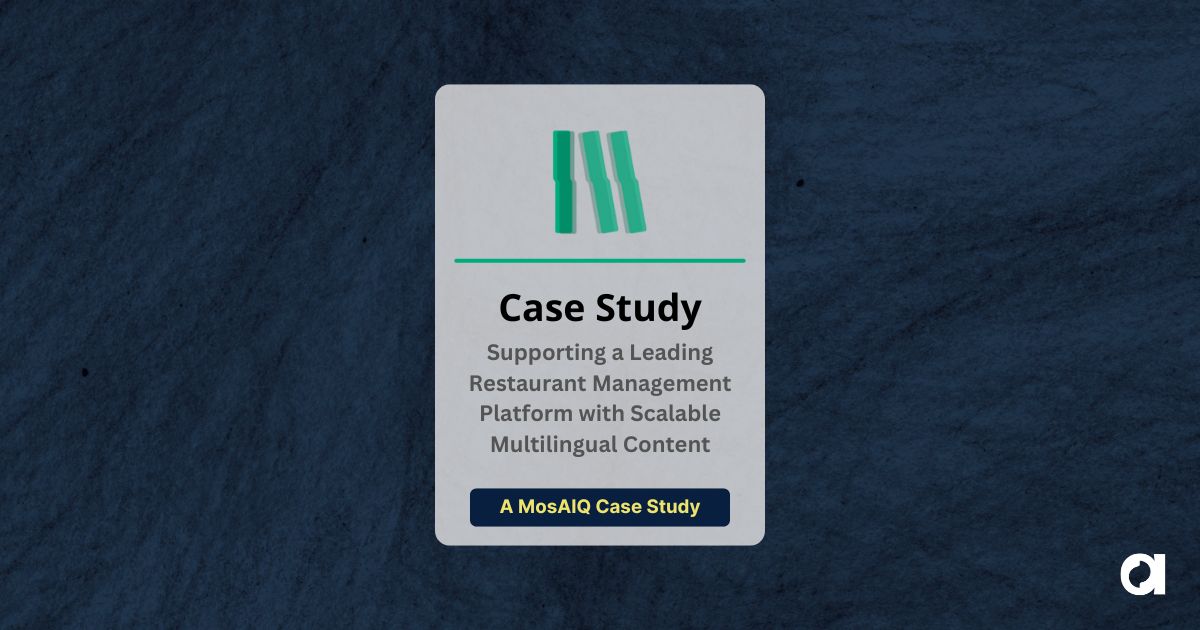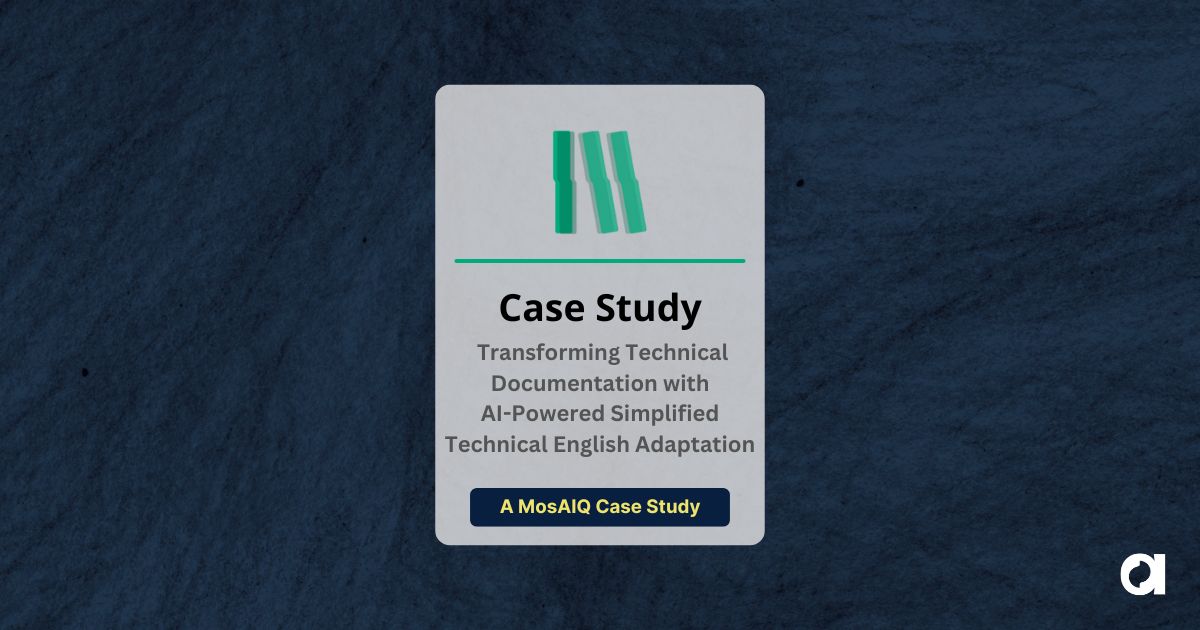When employees, expats, or travelers need medical care abroad, the bills don’t stop at the border. Global health insurers and third-party administrators (TPAs) receive thousands of international claims every month—everything from handwritten receipts to detailed hospital records in dozens of languages.
To adjudicate these claims and reimburse members, they need fast, accurate, and secure translations that make the information usable in their systems.
What are foreign medical claims?
Foreign claims are the medical bills, receipts, and supporting records that members submit after routine or emergency treatment outside the United States. These documents might include:
- Itemized invoices and receipts
- Hospital or physician reports
- Prescriptions or diagnostic test results
- Records showing dates of service and proof of payment
Claims typically come from many different countries and in many different languages, often as scanned or photographed documents.

Why translation makes or breaks reimbursement
To process a claim, insurers don’t need every word translated. They need a clear view of a handful of critical details:
- who the patient is
- which provider delivered the care
- when the services happened
- what procedures or treatments were provided
- the diagnosis or condition being treated
- the charges, often with the amounts shown in the original currency and any exchange rate applied
Adding to the complexity of processing these claims, medical documentation outside the U.S. often uses different coding systems. While U.S. insurers rely on the American Medical Association’s CPT codes for procedures, overseas organizations may use ICD codes established by the World Health Organization for diagnoses. Some may follow local coding standards or use no codes at all. Without expert translation and alignment to U.S. coding frameworks, important details can be misinterpreted or missed entirely.
Without clear, accurate translations of these details, claims processors can’t determine what services were delivered or whether they’re reimbursable. Errors can delay payments, cause overpayments, or create compliance concerns. Industry research shows that language and cultural nuances can render up to a quarter of insurance records unreliable.
The rising strain on payers and TPA teams
Over 100 million Americans travelled abroad in 2024, an increase of 9.2% from 2023. Cross-border care happens because more people are moving, studying, and traveling overseas, which helps explain the steady increase in foreign claims.
Managing foreign claims in-house creates a significant administrative burden. Large employers and global insurers may face thousands of international claims each month, and most expat health plans have strict commitments to process them within 5–14 business days.
“Meeting these deadlines is difficult when claims teams also have to coordinate translations themselves, decide what needs to be translated and route sensitive documents securely,” says Leslie Iburg, Director of Global Sales, Healthcare at Argos Multilingual. “These extra steps take time away from adjudication and increase the risk of delays or mistakes in reimbursement.”

The documents themselves create unique challenges. Receipts may be handwritten, scanned or follow non-standard formats, and claims staff may not even know what language they’re written in. Faced with these obstacles, some teams turn to quick fixes such as online translation tools, but those shortcuts come with their own risks.
Why not use Google Translate?
On top of time pressure, healthcare claims always contain protected health information (PHI), so sending documents through free online tools like Google Translate introduces security risks. When deadlines are tight, it can be tempting to copy-and-paste text into a free tool.
“For claims, this approach is risky,” explains Leslie. “Sensitive medical details may be exposed outside secure systems. Automated output often misses context, especially with medical terminology or handwritten notes, and guesswork by claims staff introduces more errors and delays.”
For payers and TPAs, these risks can directly affect reimbursement accuracy and compliance.
A smarter workflow for foreign claims
Professional translation providers approach foreign claims through a structured workflow that makes the documents usable for claims adjudication.

The process begins with intake and language detection. Claims arrive in many forms, such as scanned PDFs, handwritten receipts, or photographs of invoices. Optical character recognition (OCR) technology is used to make these documents machine‑readable, and automatic language identification ensures that even when staff can’t recognize the language, the file is routed correctly.
Next is field selection and standardization. Rather than translating every line of a bill, many claims can be expedited by targeting just the reimbursement‑critical fields: this can be customized depending on the insurer, and often include patient and provider details, service dates, diagnoses, and charges. These data points are then templatized into consistent formats, such as using standard date formats and currency values, so claims processors can compare and reconcile costs quickly and easily.
The third step is translation with AI supported by human review. Secure machine translation allows large volumes of content to be handled quickly. But because medical terminology and diagnostic details are reimbursement‑critical, trained linguists review the translations to confirm accuracy and correct any errors that could affect and delay reimbursement decisions.
Finally, the translated and validated claims information is prepared for delivery. Instead of sending back unstructured text, the provider supplies a clean, structured file—often in Word tables, CSV, or XML—that can be uploaded directly into claims systems. The result is information that is accurate, formatted for use, and ready to support timely adjudication.
“This workflow reduces costs, speeds up turnaround, and gives claims teams exactly the data they need to make reimbursement decisions with confidence,” Leslie says.
How Argos supports global health insurers and TPAs
Most payers know that foreign claims need to be translated, but the real challenge is deciding how. Free online tools create risk and often misinterpret medical terminology. Many vendors lack the compliance or healthcare expertise to manage claims at scale.

Argos brings the infrastructure, scale, and subject-matter knowledge to make translation a reliable part of claims workflows. Every project runs in secure environments that meet HIPAA and ISO standards, protecting PHI from start to finish. Argos goes a step further by tailoring those outputs to the specific formats that insurers and TPAs already use, so teams can drop translated data straight into their claims systems without extra work or reformatting.
By focusing only on reimbursement-critical fields and using automation when appropriate, Argos keeps translation costs significantly lower than full human translation of every document. This targeted approach also shortens turnaround times, helping claims teams meet strict processing deadlines without putting accuracy or budgets at risk.
Years of experience with global insurers means Argos understands coding requirements and reimbursement rules, allowing us to recommend workflow improvements as well as deliver translations.
“Our clients tell us that reliability makes the biggest difference,” Leslie says. “Claims processors can move through high volumes methodically and predictably, knowing translations will be accurate, secure, and delivered when promised. This consistency helps them stay focused on adjudication and meet strict SLAs.”
Let’s make global claims easier together
As cross-border care continues to grow, the volume of foreign claims will only rise. Partnering with an experienced translation provider like Argos helps health insurers stay ahead, reduce risk, and keep members supported with fast, accurate reimbursements.
Ready to take the complexity out of global claims processing? Contact us to learn how Argos can help.
 Argos Multilingual
15 min. read
Argos Multilingual
15 min. read
Having an idea for AI transformation is one thing, turning it into a concrete, successful initiative is another challenge entirely. In this episode of Field Notes, Stephanie Harris-Yee speaks with Erik Vogt to uncover why many AI projects stall before launch, and how leaders can transform broad ambitions into measurable outcomes. Erik shares practical steps […]

 Argos Multilingual
2 min. read
Argos Multilingual
2 min. read
We’re excited to introduce Liz Dunn Marsi, our new Director of Marketing for AI & Data Solutions. A familiar face to many in the localization industry, Liz brings over two decades of enterprise sales expertise and a well-earned reputation for connecting people, ideas, and global strategies. Bringing Liz into this role underscores Argos’ commitment to […]











